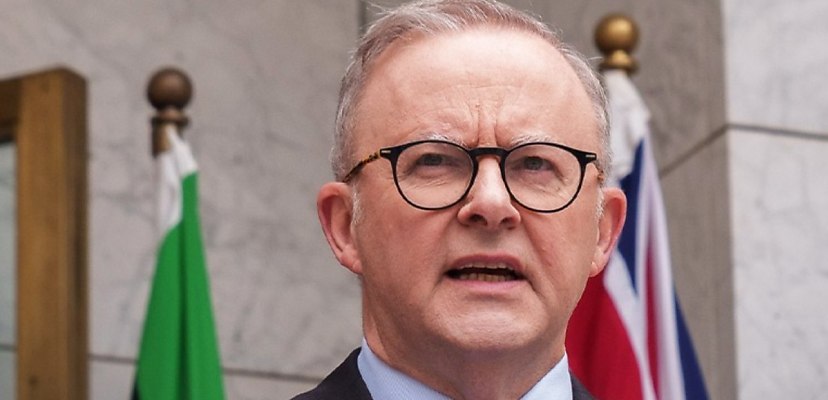Share this article on:
Powered by MOMENTUMMEDIA
Breaking news and updates daily.
Australian Prime Minister Anthony Albanese has announced a “world-leading” ban on social media for teenagers under 16 years of age.

In a media release, the Prime Minister said social media presented a danger to young people as an avenue for online bullying, peer pressure, scams, and sexual harassment.
“I know there are many mums and dads who have been pushing for change in this area, and this newspaper has run a strong campaign in support of them,” said the release.
“There’s no going back to a world without technology, and the internet has given all of us access to a world of knowledge and culture that can be such a force for good. But too often, social media isn’t social at all.”
While the specifics of the new legislation are still being ironed out, PM Albanese said that users will not be penalised but that the responsibility of ensuring people under 16 don’t access social media will be on the platforms, and the enforcement of the legislation will be the responsibility of the eSafety Commissioner.
People under 16 who already have social media accounts will be exempt from the new legislation, but those who gain consent to join platforms from their parents will still be banned.
PM Albanese said the new legislation would be brought before Parliament before the end of 2024 and that it would become enforceable 12 months after it passes.
“We all know that technology moves fast. I’m sure there will be people who make it a priority to find or make ways around these new laws, some might succeed,” said PM Albanese.
“None of that is an excuse for inaction. After all, there are plenty of young people who find ways to get alcohol before they turn 18, but no one is saying we should lower the drinking age.
“[The] government may not be able to protect every child from every threat on social media, but we do have a responsibility to do everything we can to help as many young Australians as we can.”
There is research to suggest that social media has an impact on mental health, with the University of California’s Davis Health saying that, particularly in young adults, social media creates feelings of “anxiety, depression, loneliness and FOMO (fear of missing out)”.
While some have applauded the new legislation, some experts have called the ban short-sighted.
Queensland University of Technology’s Digital Media Research Centre director, Daniel Angus, said the legislation had been rushed before a joint inquiry into social media issued its interim report.
“This knee-jerk move undermines the joint inquiry and deliberative democratic principles and threatens to create serious harm by excluding young people from meaningful, healthy participation in the digital world, potentially driving them to lower quality online spaces, and removing an important means of social connection,” said Angus.
“It also means that very large online platforms are going to be let off the hook in making necessary reforms to the quality of content on their platforms, as this simply places a gate at the door rather than improving what’s on the other side.”

Be the first to hear the latest developments in the cyber industry.